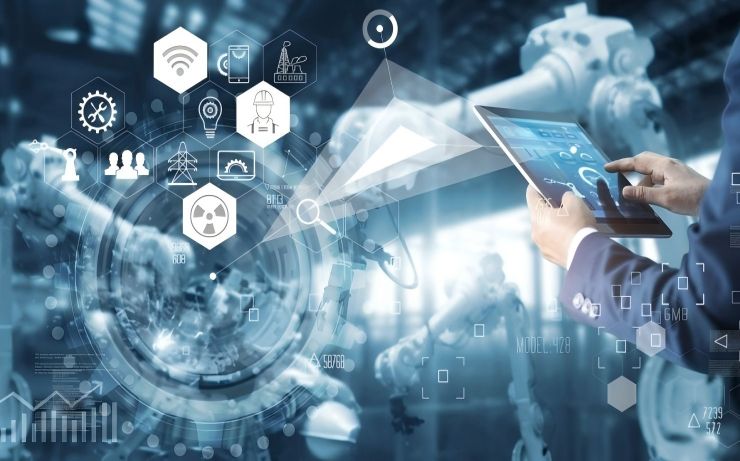In today’s rapidly developing industrial field, the Industrial Internet of Things (IIoT) has become a key driver for innovation and efficiency. By integrating advanced sensors, smart devices and data analysis technologies into traditional industrial processes, IIoT solutions are building an efficient and intelligent IoT ecosystem, bringing unprecedented opportunities and challenges to enterprises.
- The core value of the Industrial Internet of Things
The core of the Industrial Internet of Things lies in its ability to achieve seamless connection and data exchange between equipment, systems and personnel. This connection not only improves the transparency of the production process, but also makes real-time monitoring and predictive maintenance possible. By collecting and analyzing large amounts of data, companies can optimize operating processes, reduce downtime, reduce energy consumption, and ultimately improve production efficiency and product quality. - Key technologies for building an intelligent ecosystem
To build an efficient IIoT ecosystem, it is necessary to rely on a number of key technologies. The first is sensor technology, which is responsible for collecting equipment status and environmental data. The second is communication technology, such as 5G, LPWAN, etc., to ensure high-speed and reliable transmission of data. Then there are cloud computing and edge computing technologies, which provide powerful data storage and processing capabilities. Finally, artificial intelligence and machine learning algorithms are used for data analysis and intelligent decision-making. - Practical application of IIoT solutions
In practical applications, IIoT solutions have been widely used in many fields such as manufacturing, energy management, logistics and supply chain. For example, in manufacturing, by deploying smart sensors and predictive maintenance systems, enterprises can monitor the health of equipment in real time and predict potential failures, thereby avoiding unexpected downtime and expensive repair costs. In the field of energy management, IIoT technology can help enterprises achieve real-time monitoring and optimization of energy consumption, reduce operating costs, and reduce environmental impact. - Challenges and future prospects
Although IIoT brings great potential, it also faces many challenges in the implementation process. Data security and privacy protection are the primary issues, and strong encryption and access control measures need to be taken. In addition, the rapid iteration and standardization of technology also require the industry to work together to solve them.
Looking to the future, with the continuous advancement of technology and further reduction of costs, IIoT will be applied in more fields, promoting industrial automation and intelligence to a higher level. Enterprises need to actively embrace this change and build their own efficient and intelligent IoT ecosystem by investing in IIoT solutions to stay ahead in the fierce market competition.
Conclusion
Industrial Internet of Things solutions are leading an industrial revolution. By building an efficient and intelligent IoT ecosystem, they provide companies with a new way to improve their competitiveness and achieve sustainable development. Facing the future, we look forward to more innovations and breakthroughs to jointly open a new chapter in industrial intelligence.


